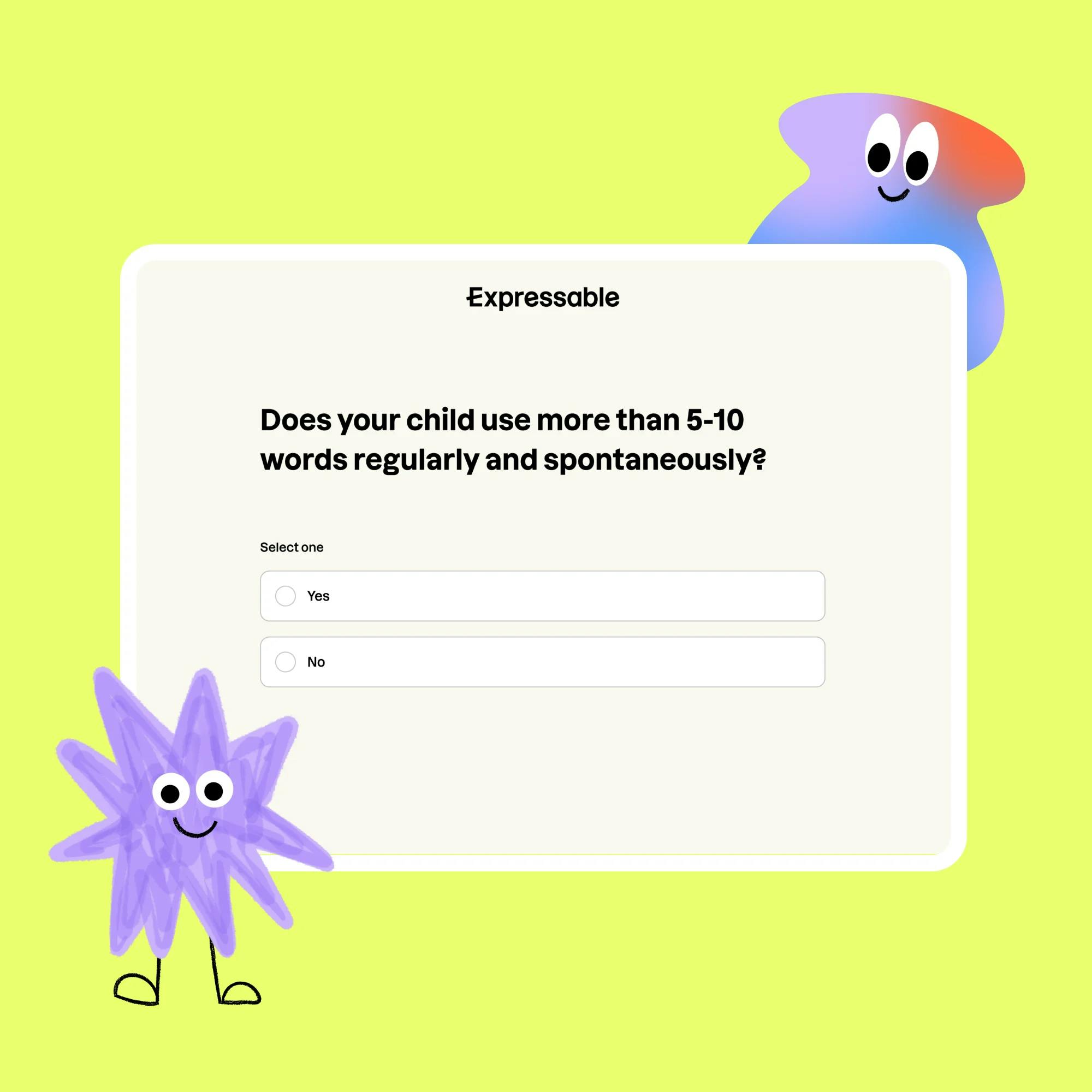The holidays are a time for being together with friends and family. Often, special foods and big meals are a central part of the celebration.
While some kids eat a variety of foods and easily try new things, others have a more selective diet. Some children feel worried or apprehensive about trying new foods. If you have a “picky eater” or a child with sensory issues related to food, holiday meals can be stressful–for both you and your child.
Here’s how to prepare your child and support them when it’s time to gather around the table. No one needs more holiday stress!


How to prepare your child for a holiday meal
Talk about the food. If possible, get some details about what the host will be serving. Then, talk with your child about foods that may be offered. What vegetables might they see? What meat will be served? Preparing your child can help them be more accepting of the menu once the food is in front of them. While they may not eat the new foods, reviewing the menu ahead of time may ease their nerves.
Make new holiday foods with your child at home. Try making some of the foods that will be part of holiday meals at home, in a more relaxed, familiar environment. Involve your child in the shopping, prepping, or cooking. Kids are more likely to feel positive about meals they help make themselves.
When you serve the new food, do it with other foods your child enjoys. For example, if your kiddo isn’t a huge fan of green beans but they love spaghetti and garlic bread, choose spaghetti night to have your child make green beans with you. Serve it on their plate alongside their spaghetti and bread. Your child will likely tolerate the idea of a new food better when they have something they love on their plate.


Bring your child’s favorite side dish to the party. If you’re contributing food to a holiday get-together, bring a dish you know your child likes. This guarantees there will be something on the table that they’ll eat.
Eat a pre-dinner. If you’re worried about your child having enough to eat, feed them before the party. Be sure to have some snacks on hand in case they get hungry before it’s time to leave!
Don’t make holiday food a huge focus. With all this said, don’t make a big deal out of trying a new food during the holidays. In other words: try not to stress your child out! The goal is to simply encourage your child to learn about new foods and do new things. If they don’t want to try a new menu item, a holiday meal isn't the time to force it.


5 ways to help your picky eater during a holiday meal
Keep these tips and recommendations in mind when it's time to gather around the table.
1 Don’t feel that you need to tell everyone about your child’s eating habits
You’re not obligated to talk with family or friends about your child’s sensory food aversions or eating habits. Of course, you’ll want to tell the host how much you appreciate and enjoy their food and party planning. But you don’t have to explain anything about your child’s diet to anyone.
2 Have realistic expectations
The environment for holiday meals is often different from what your child is used to. You may be at someone else’s home. It may be crowded with relatives they don’t see often. It’s normal for children to not eat as much during situations like this, even preferred foods that they like. Your child may feel overwhelmed, shy, or distracted. They may be playing with cousins at the kids’ table or goofing off with that one fun uncle. All of this can lead to less focus on eating. (Again, have some snacks on hand in case they’re hungry later!)
3 Help your child make their plate
When it’s time to eat, help your child find their most preferred foods. If they want to try a new food, that’s great! But this isn’t the time to have them practice trying new foods. Just let your child eat what they’re able to. After all, full tummies lead to a less stressful day for everyone–both parents and kids!
Quick demo: Try this with your picky eater
Watch here4 Use family members for encouragement
If your child has an older cousin or a special aunt they look up to, you might want to enlist them for some help. In a situation where there’s simply no way to avoid foods your child doesn’t like, try this tip: Let your child sit next to their favorite family member and see what’s on their plate. They may feel more positive toward the new foods when they see someone they admire trying these foods.
5 Don’t let your child’s eating habits make or break the holiday
Try to keep things in perspective. Picky eating is hard on kids and caregivers. And the holidays can make it all feel more challenging. Set your expectations low, and don’t let what your child eats (or doesn’t) be the focus. There are so many other things to enjoy during the holidays! As long as your child is fed and full, that’s all that matters.
Think about holiday gatherings as simply an opportunity for your child to be exposed to new foods. As a bonus, if you have multiple gatherings to attend, you’ll keep learning what worked and what didn’t at each party. You’ll be even more prepared for the next holiday meal.


When should you worry about picky eating?
Feeding therapy may be helpful for children who have a “fight or flight” response when exposed to new or non-preferred foods. Examples of this response include running away, hiding, panicking, or shutting down. This may be a sign of a sensory feeding issue, which would likely benefit from treatment with a speech-language pathologist who specializes in that area.
For example, some children may respond negatively to certain food textures. This is called sensory aversion. A speech therapist can help the child decrease these negative responses to foods.


Here are some signs that you may want to contact a speech therapist who specializes in feeding, also known as a feeding therapist:
Your child eats very limited foods or only eats certain foods (for example, only macaroni and cheese)
Your child consistently panics or shuts down when presented with new or non-preferred foods
Your child frequently gags when trying new or non-preferred foods
You can also take our easy online quiz to determine if your child could benefit from a feeding evaluation.


How can feeding therapy help?
Treatment with a speech therapist who specializes in feeding can make a big difference in your child’s experience with food and the number of foods they’re willing to eat. Speech therapists can support children and families who struggle with expanding their diet in a safe, respectful manner.
Feeding therapy is extremely individualized, so reach out to a speech therapist if you're concerned. However, an important note: If your child is losing weight or you are concerned about malnutrition, be sure to speak with your pediatrician.
How Expressable Can Help
Concerned your child isn't reaching age-expected milestones? Looking for communication support from a professional? Expressable is a national online speech therapy practice serving children and adults. We treat all major areas of communication and feeding, offer flexible hours including evenings and weekends, and accept most major health insurance plans. We’re proud to have earned more than 3,000 5-star reviews from our clients (4.9/5 average).
Our therapy model is centered on parent and caregiver involvement. Research proves that empowering caregivers to participate in their loved one’s therapy leads to better outcomes. That’s why we combine live, 1-on-1 speech therapy with personalized education and home practice activities for faster progress.
Communication is more than words. It’s how we share how we feel and show who we are. We’re here to help you or your child do just that.
 Abby Barnes, M.S., CCC-SLP
Abby Barnes, M.S., CCC-SLP









